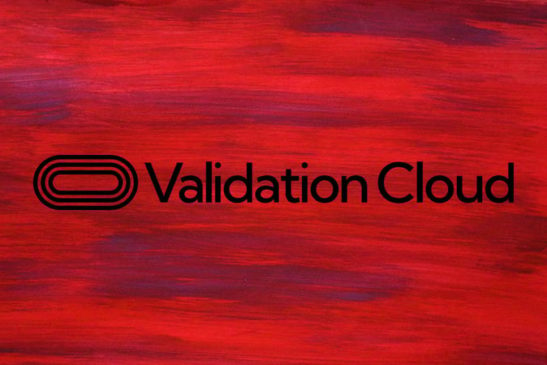Several key features of the platform make it ideal for institutional staking providers. For instance, it enables bulk validator deployment, allowing institutions to launch a large number of validators at the same time.
Validation Cloud, a Web 3.0 infrastructure platform, recently launched a staking-as-a-service platform for institutional clients. This platform enables institutions to use multiple validators at the same time and earn rewards by automating smart contract activities. This staking service is non-custodial, which means it has no control over the assets staked.
Key Features of the Validation Cloud’s Institutional Staking Platform
Several key features of the platform make it ideal for institutional staking providers. For instance, it enables bulk validator deployment, allowing institutions to launch a large number of validators at the same time. Because validators are essential for validating and securing blockchain networks, this capability is critical.
Second, the platform employs smart contracts to automate the process of staking and distributing rewards. By automating these tasks, it simplifies staking operations for institutional clients. Furthermore, because the platform is non-custodial, institutions retain complete control over their staked assets, which is a decentralized finance principle.
The Benefits of the Platform for Institutions
According to Alex Nwaka, Chief Strategy Officer at Validation Cloud, this platform is designed to meet the specific stakeholder needs of institutions. Key benefits include the ability to stake assets on-demand and transparently distribute rewards on-chain. By automating these processes, the platform minimizes manual tasks and administrative costs. The platform is also engineered to be SOC2 compliant, meeting rigorous data security standards. This compliance provides institutions with confidence in the platform’s security practices. Nwaka stated:
“Validation Cloud has developed our offering in response to the unmet needs of institutional staking partners, namely the ability to stake client assets on-demand and automatically split rewards transparently on-chain.”
Nwaka observes that institutional staking has significant market implications. The volume of staked assets across blockchain networks is likely to increase as institutions begin staking significant amounts of crypto assets. This shift also raises the bar for staking providers. To effectively serve institutional clients, staking platforms must have advanced performance, scalability, and compliance capabilities.
“The market implications of institutions entering the staking space are massive – an exponential step change in the amount of assets being staked and a complete shift in service provider requirements, specifically performance, scale and compliance,” said he.
Since its launch in 2017, Validation Cloud has been making various moves to connect organizations to Web 3.0 by providing fast, scalable, and easy-to-use platforms. The recent solution designed to meet the staking needs of institutional staking providers is in tandem with its overarching goal. With the platform, institutions will be able to stake efficiently and on a large scale without disrupting the overall market or having to deal with low-quality services. This solution is also important for the market since the market is growing, and more and more institutions are expected to get involved in staking in the near future.
Temitope is a writer with more than four years of experience writing across various niches. He has a special interest in the fintech and blockchain spaces and enjoy writing articles in those areas. He holds bachelor’s and master’s degrees in linguistics. When not writing, he trades forex and plays video games.



